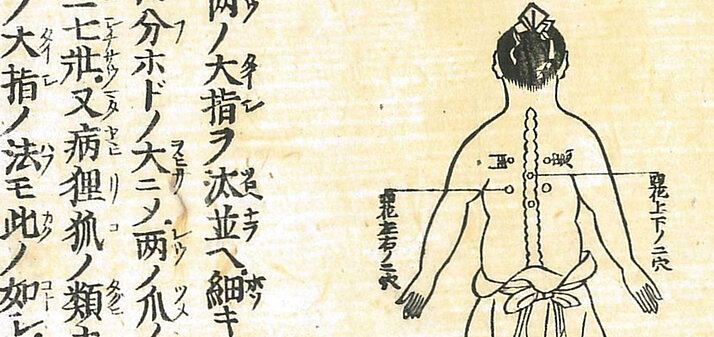Annual maintenance work will take place again this summer, which is why the reading rooms at the Heldenplatz location and in all collections will be closed from Friday, July 25, to Tuesday, August 5, 2025.
Due to the shutdown of the ordering system, no media orders can be accepted from Thursday, July 24, 2025, 4 p.m. to Tuesday, August 5, 2025, 4 p.m. The regular opening hours will then apply again from Wednesday, August 6, 2025.
The study room of the Albertina is closed from July 15 to August 15. During this time (except July 25 to August 5), media ordered from the Albertina collection will be transported twice a week (Monday and Thursday) to the reading rooms of the National Library on Heldenplatz and can be used there.
Starting August 1, 2025, the State Hall will open at 9 a.m.
Due to an event, the State Hall will be closed on August 4, 2025.
The term Japonica refers to works written in Japanese which are entirely, mostly or to a significant extent printed using Japanese characters.
A recent project has indexed our holdings of Japanese books using original copies, and these have now been included in the Austrian National Library Catalogue QuickSearch. They were transcribed using the Hepburn system that is commonly used in German-speaking countries. The authors, titles, printers and the places where they were printed were reproduced in Japanese script (with the exception of the three cities of Tokyo, Osaka and Kyoto), and bibliographic references for specific copies were added.
The earliest work dates from 1637 (Santai shishō) but most of the works date from the 18th and 19th centuries. The Japonica collection dates back to Moritz von Dietrichstein, Director of the Court Library from 1826 to 1845. The holdings grew slowly through new acquisitions and donations until the start of the 20th century and, even today, specimen copies and so on are still being added, albeit on a small scale.
The "Overview of the Chinese and Japanese books in the Imperial Library" compiled by Stephan Endlicher (1837; p.135-138: Japanese and Korean books) was the first attempt to list and catalogue our holdings. The bibliographic details are primarily of interest from an etymological point of view, and there are some references to provenance.
In the so-called Haas Catalogue – a copy of the Stephan Endlicher catalogue that was owned by the Austrian consul Joseph Haas in Shanghai (and which can be seen in the Collection of Manuscripts and Rare Books under reference 397.091-C.Han) – we can see the classification work which went on in the second half of the 19th century: enlargement of the holdings by a single item, the assigning of new reference numbers, the separation of image material into what was then the engravings collection (today Albertina).
The japanologist Peter Pantzer studied the holdings at intervals from the end of the 1970s to the early 1990s. The so-called Pantzer Catalogue (handwritten, numerus currens) and the associated card catalogue are kept in the same room as the collection.

